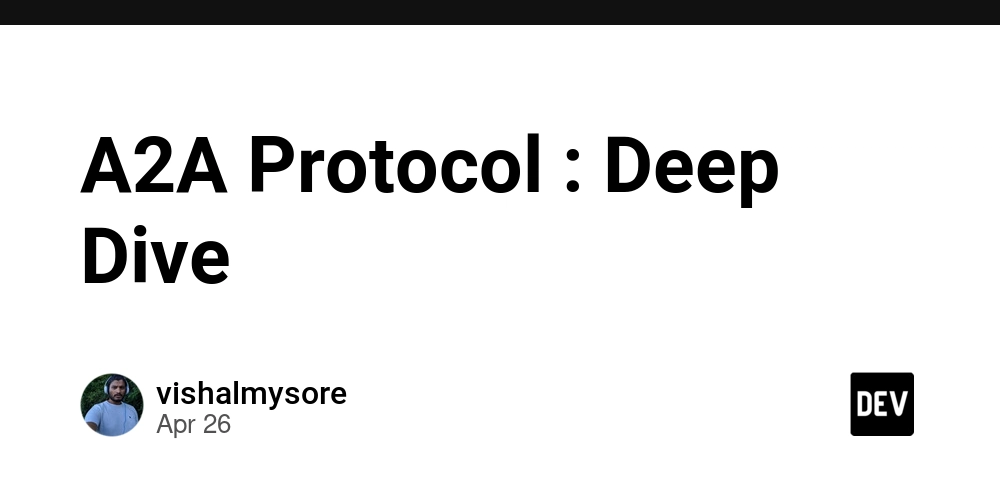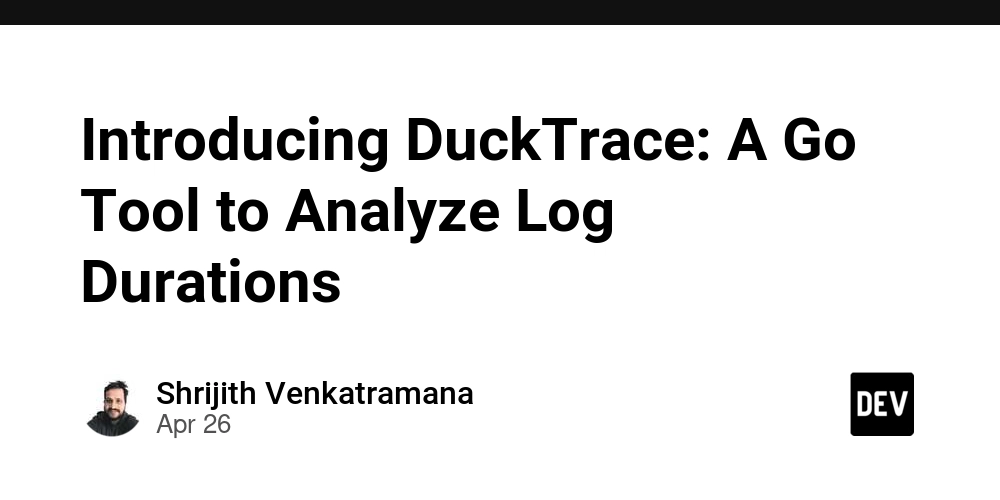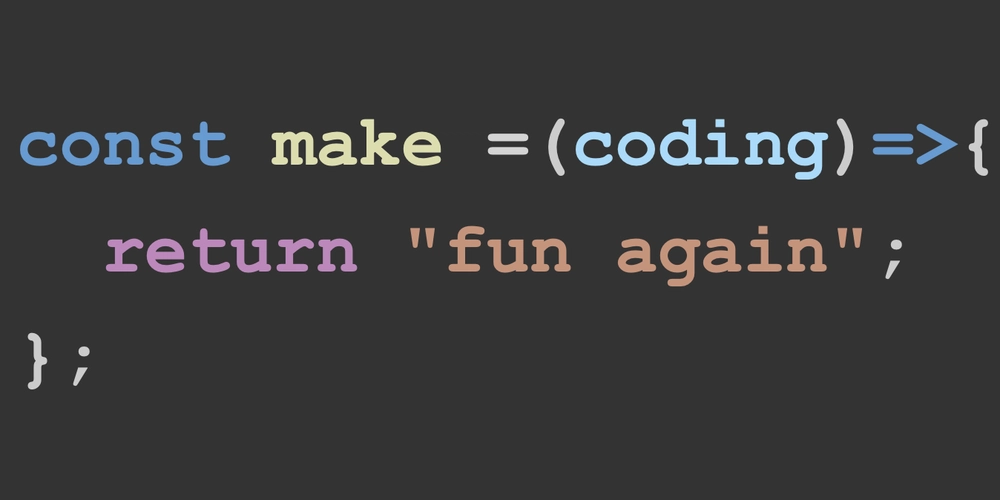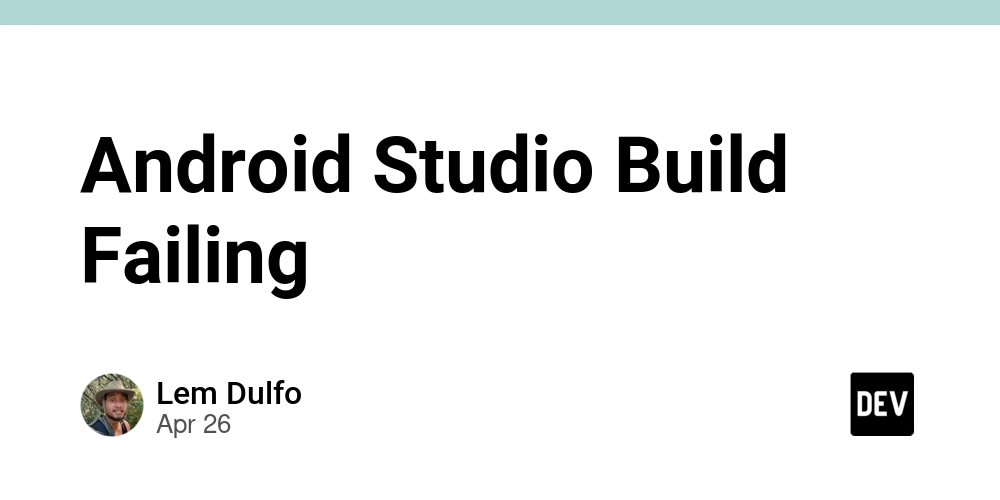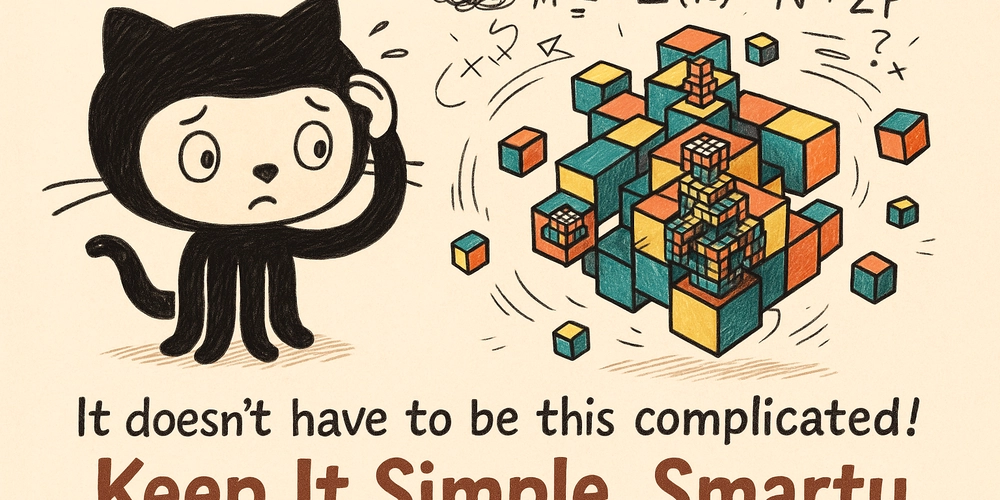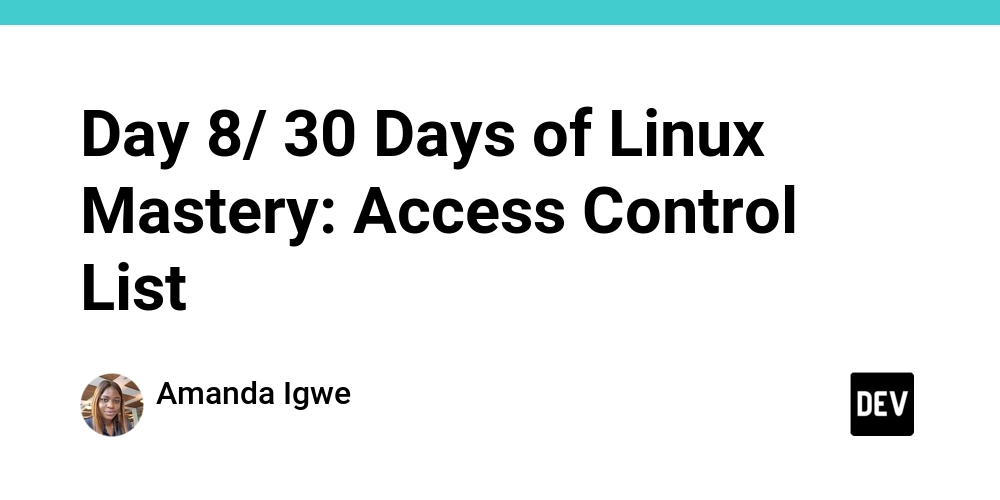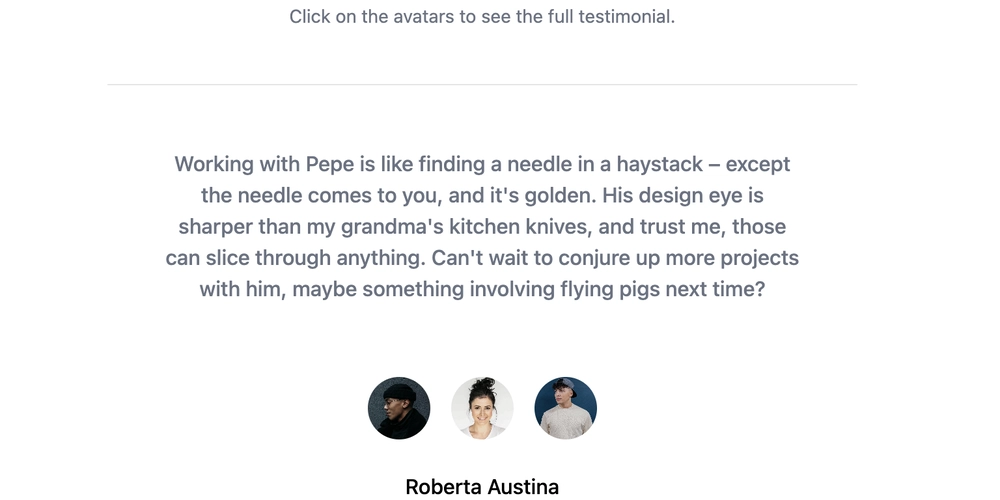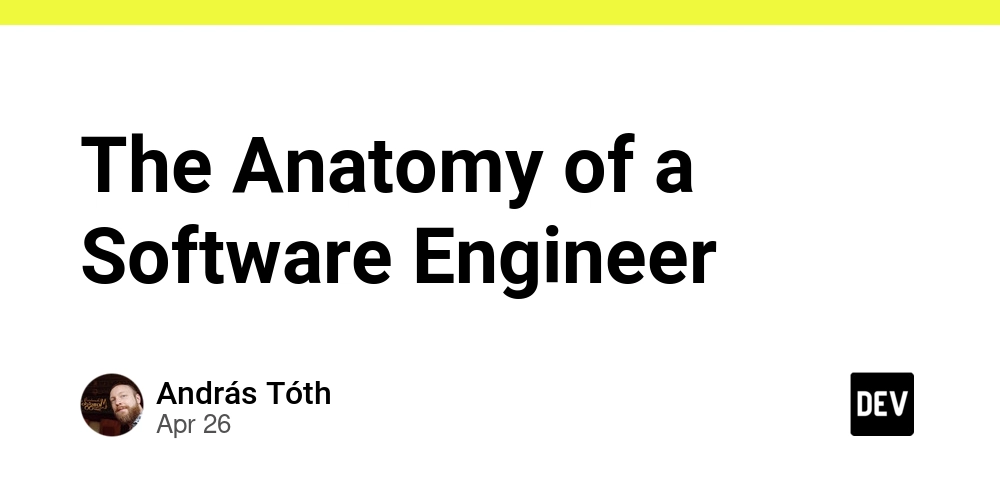
Decoding the Software Engineer: Essential Skills for Success and Team Productivity
Software development goes far beyond coding. Understanding the anatomy of a software engineer is crucial for product managers, team leads, and anyone making decisions about engineering teams. This article breaks down the types of knowledge—reusable and non-reusable—that contribute to a truly productive software engineer. Learn how to mix and match expertise within your company to maximize results.
Understanding "Non-Reusable" Engineering Knowledge
While the term might sound negative, "non-reusable" knowledge refers to expertise deeply tied to specific tools or environments. These are the details and gotchas that can't be easily transferred between different technologies.
Why Programming Language Specifics Matter
Programming language intricacies are largely "non-reusable" because the syntax and specific features of one language don't directly translate to another. Moving from Java to C# is easier than going from JavaScript to Rust, where you must relearn keywords, rules, and best practices.
- Key Insight: When reassigning engineers, recognize that the less similar the languages, the more time they'll need to become productive.
- Real-World Example: The quirky behavior of the
thiskeyword in JavaScript is a concept unique to that language and can't be directly applied elsewhere.
However, deep familiarity with a language's features allows engineers to quickly learn new ones.
Navigating the Language Ecosystem
The ecosystem of a language includes the available modules and packages (e.g., React, Express.js, SQLAlchemy) accessible through package managers like npm, pip, or NuGet.
- Why It's Important: Expertise in a language's ecosystem accumulates through trial and error.
- The Challenge: Frameworks and libraries evolve and get rewritten, leading to knowledge becoming obsolete with version changes.
- Management Tip: Consider ecosystem knowledge when moving engineers; this expertise is hard to find online.
Experience with tools like pip is invaluable when onboarding new members.
Platform-Specific Gotchas: The Hidden Time Sink
Languages and ecosystems operate within operating systems or sandboxes (e.g., macOS, Firefox, Android). These platforms introduce their own set of quirks and challenges.
-
Examples:
- Older browsers not supporting newer UTF encodings.
- Debugging Android crashes using
logcatin Android Studio. - Inconsistent task execution using
&&between macOS and Windows.
-
The Impact: These issues can take days to debug and are crucial for engineering productivity.
-
Strategic Advice: Ensure you have platform experts in your team, especially for releases.
Don't assume that JavaScript experts can instantly transition to React Native without mobile development experience.
The Power of Product and Domain Knowledge
Engineers who work on a product for years gain invaluable insight into the user base, their needs, and the codebase itself.
- What They Know: They can become living encyclopedias of the product and its functionality.
- The Risk: Losing this expertise through layoffs or frequent reassignments hurts productivity.
- Critical Point: Product and codebase knowledge cannot be replicated by ChatGPT or online forums.
Understanding real-world issues like devices losing internet connection translates into better planning for single-page applications and mobile apps.
Leveraging "Reusable" Engineering Knowledge
Reusable knowledge encompasses the principles and skills that engineers can apply across different projects and technologies.
The Foundation: Engineering Principles and Instinct
Many principles transfer seamlessly between projects: clean coding, SOLID principles, design patterns, and avoiding over-engineering. This includes the instinct to identify and discard unnecessary complexity.
-
Key Reusable Skills:
- Clean Code
- SOLID Principles
- Design Patterns
- Avoiding Overengineering
- Code Smell
-
Personal Example: Even with limited Python experience, knowing to use named placeholders is superior to positional
%ssigns immediately improved code quality. -
Resource Recommendation: "Head First Design Patterns" teaches the "why" behind patterns, making it useful across different languages.
Mastering Problem Solving and Engineering Instinct
Senior developers excel at holistically evaluating feature requests, considering potential clashes, UX, and scalability.
-
Problem-Solving Techniques:
- Tracking errors by progressively commenting out code.
- Identifying potential scaling issues early on.
- Inverting the problem statement to find new solutions.
-
Strategic Thinking: Knowing which requirements need deeper investigation based on data.
-
Example: If a feature to make the knowledge base available to non-registered users requires significant changes, check if most users are already logged in – potentially skipping the feature.
The Underestimated Skill: Personal Productivity Management
Effective time management is crucial. This includes optimizing your IDE setup, organizing the workday, knowing when to push through a problem, and understanding your own limits.
- Key Aspects:
- Effective IDE Setup
- Knowing Your Personal Limits
- Understanding Your Personal Resting Requirements
Investing in Lasting Knowledge
Prioritize learning fundamental technologies like SQL, HTML, and CSS over trendy frameworks.
- Warning Sign: A team relying solely on trending tech is vulnerable.
- Strategic Advice: Invest in training on lasting basics to future-proof your team's skills.
Communication Skills and Problem Solving at the Right Level
Experienced engineers are excellent team players, knowing when to stand firm and when to compromise.
- Example: Instead of arguing about the best way to collect an IMEI number, suggest checking with the legal team to see if collecting that data is permissible.
- Communication Skills:
- Communicating Technical Concepts to Non-Technical People
- Consider the Business Owners to Data Analysts During a Refactor
Mastering communication, understanding context, and considering the needs of the entire team are essential.
Summary: Cultivating a Well-Rounded Engineering Team
Understanding the different types of expertise within your team is crucial for maximizing productivity. Encourage a balance between specialized skills and reusable knowledge. Nurture local product knowledge and avoid over-reliance on fleeting trends. Map out expertise in your teams and be strategic about nurturing local knowledge. By doing so, you'll create a more resilient and effective engineering organization.



